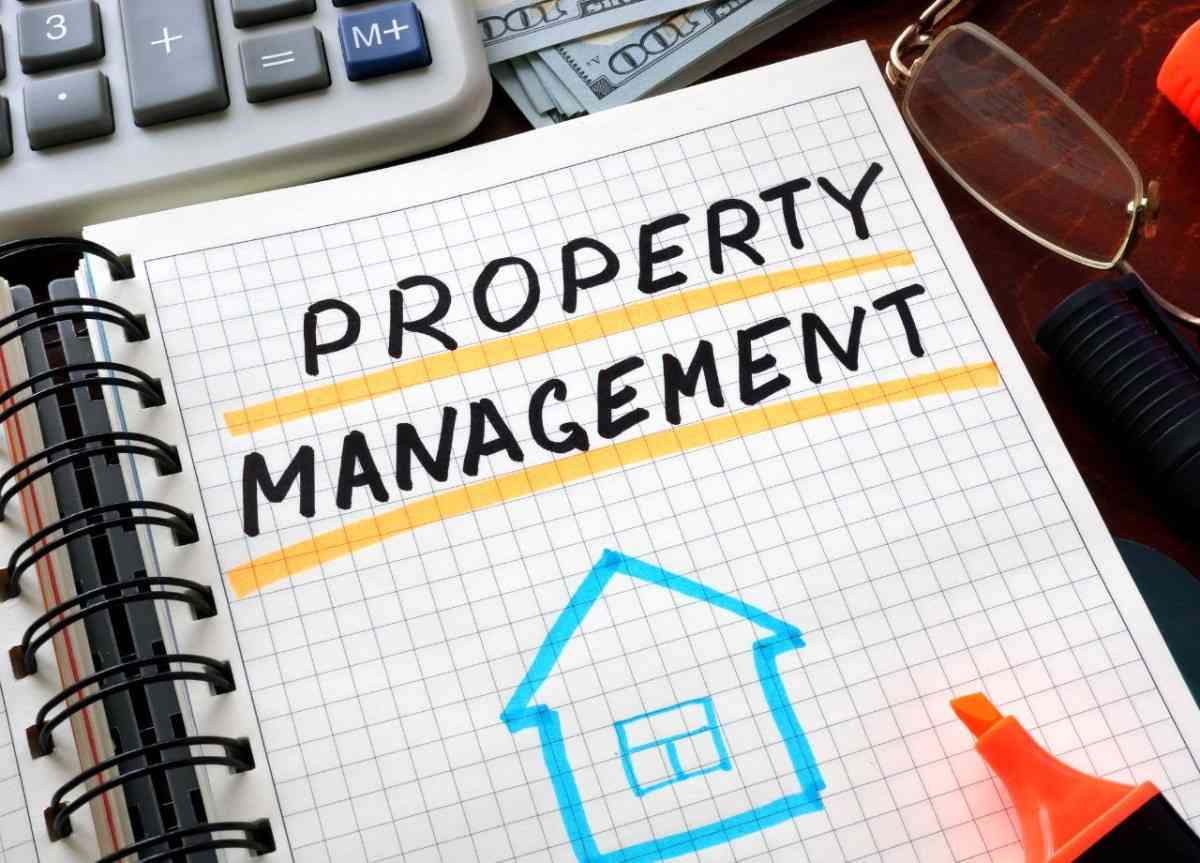Property management is one of those careers where people take different paths to success. Some dive straight in, learning everything through hands-on experience, while others choose to get certified through professional courses. Both approaches have their pros and cons, but the big question remains: does formal education make you a better property manager, or is real-world experience enough?
This is a debate that’s been around for a while. Some say property management is all about practical knowledge—handling maintenance issues, keeping up with resident needs, and making sure properties stay profitable. Others believe that structured learning gives you a stronger foundation, helping you avoid costly mistakes and setting you up for bigger opportunities.
So, which is better? The answer isn’t black and white. Let’s break it down.

Smarter Pest Control, Fewer Headaches.
What Do Property Management Courses Actually Teach?
Before deciding whether certifications matter, it’s important to understand what property management courses actually offer. Most programs cover key topics like:
– Lease agreements and fair housing laws
– Maintenance protocols and vendor management
– Budgeting, rent collection, and financial reporting
– Risk management and compliance
– Marketing strategies for vacant units
A structured course can help new property managers get up to speed quickly. Instead of figuring everything out through trial and error, they learn best practices upfront. That can save months—or even years—of mistakes.
Some programs also go beyond the basics, diving into advanced topics like investment strategies, asset management, and leadership skills. These are especially useful for managers looking to work with high-end properties or large property management firms.
Experience vs. Education: Which One Matters More?
Ask any seasoned property manager how they learned the job, and many will say they figured it out along the way. There’s a reason for that. No classroom can fully prepare you for real-world challenges.
You can read all about how to handle a difficult resident, but it’s different when you’re standing in front of an angry person demanding an immediate fix to a problem. You can study lease agreements, but that won’t stop unexpected legal disputes from popping up. You can memorize maintenance schedules, but when a pipe bursts at 2 a.m., you need the quick-thinking skills that only come from experience.
That’s why some of the best property managers never took a formal course. They built their knowledge by dealing with issues firsthand. They’ve handled maintenance emergencies, legal disputes, financial challenges, and unexpected vacancies—all of which sharpened their problem-solving skills over time.
But here’s the flip side: while experience is valuable, not having formal education can leave gaps in knowledge. Some self-taught managers struggle with legal compliance, record-keeping, and standardized processes. They might overlook small details—like not following proper eviction procedures or missing changes in rental laws—that can lead to big problems later.
That’s where a certification can help. Even if you’ve been managing properties for years, formal training can give you a more structured approach and ensure you’re following best practices.
Do Certifications Help You Get Ahead?
Not every property manager needs a certification, but there are situations where it can be a game-changer.
If you’re managing your own properties, you might not need official credentials. But if you want to work for a property management company or manage larger, more high-profile buildings, a certification can open doors. Some firms won’t even consider candidates without formal training.
Certifications also boost your credibility. Property owners want to know their investments are in good hands. Being certified reassures them that you have the right knowledge to manage their properties efficiently. It’s a trust factor.
Plus, some certifications (like CAM, CPM, or ARM) connect you with a network of other professionals. That can lead to mentorship opportunities, new job offers, or even partnerships with property owners looking for skilled managers.
But does having a certification automatically make you better at the job? Not necessarily. It still comes down to how well you handle challenges in the field.
The Reality: Many Property Managers Are Self-Taught
Despite the benefits of certification, a large number of property managers have built their careers without it. They’ve started as leasing agents, maintenance coordinators, or assistants before moving up. They’ve gained skills through experience, handling everything from lease negotiations to emergency repairs.
For these managers, the job is about instincts, adaptability, and the ability to solve problems on the spot. They know how to read people, mediate conflicts, and keep properties running smoothly. And at the end of the day, that’s what really matters.
But self-taught property managers do face challenges. Without formal training, it can be easy to miss legal changes, make mistakes in financial reporting, or struggle with setting up efficient systems. That’s where experience alone may not be enough.
Should You Get Certified?
The decision comes down to where you are in your career and what your goals are.
If you’re just getting started, a certification can be incredibly useful. It helps you build a solid foundation, avoid common mistakes, and gain credibility in the industry. It’s also a faster way to learn best practices without going through years of trial and error.
If you’re already managing properties and feel confident in your skills, a certification might not be necessary—unless you want to expand your opportunities. Some experienced managers take certification courses later in their careers to fine-tune their skills, stay updated on new regulations, or qualify for higher-level positions.
Another thing to consider is the type of properties you manage. If you’re handling a small portfolio of rental homes, formal education might not be as critical. But if you’re managing large apartment communities, commercial buildings, or luxury properties, having certifications can make a difference.
The Bottom Line: Certification vs. Real-World Skills
So, do property management courses really make a difference? Yes, but they’re not the only path to success.
A great property manager isn’t just someone with a certificate on the wall. It’s someone who knows how to keep properties running smoothly, handle unexpected problems, and make sure both owners and residents are satisfied.
Certification can sharpen your knowledge, give you a competitive edge, and help you avoid costly mistakes. But real-world experience builds confidence, resilience, and the ability to handle the unpredictable nature of property management.
Ultimately, the best approach is a mix of both. If you can combine hands-on experience with formal training, you’ll have the skills and credibility to stand out in the industry.





